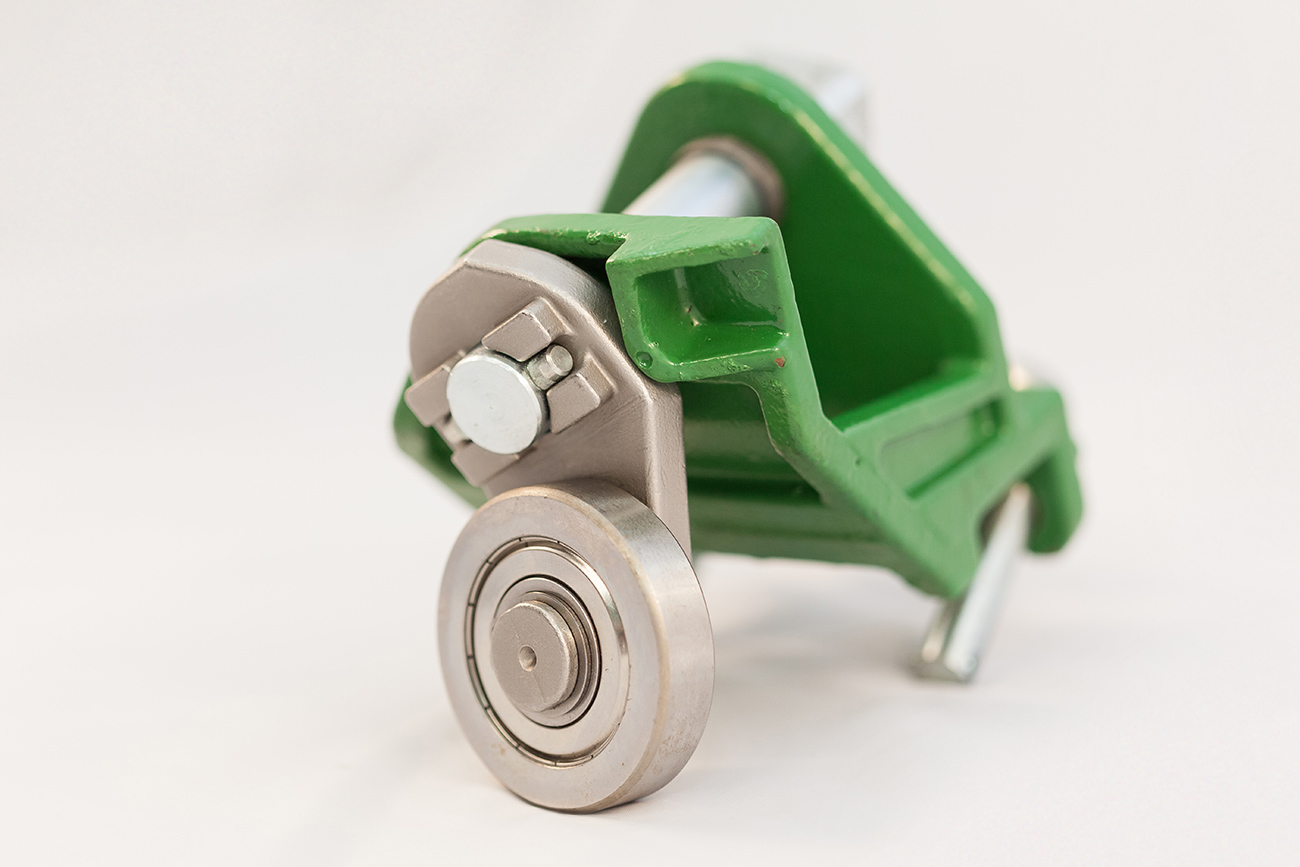Why Investment Casting is Crucial in the Railway Sector
Why Investment Casting is Crucial in the Railway Sector
Here at Dean Group, we have a lot of experience providing castings for a variety of sectors, including the railway sector. Castings manufactured for railways need to be reliable, durable and offer the precision that is required to keep the railway systems running.
We help provide high-quality investment castings for the sector to ensure safety and attention to detail is met for all applications. We can provide additional treatment should it be needed, including the addition of numbers and text so that instructions and locations can be easily shared from railway systems.
Casting Applications in the Railway Sector
There are a variety of applications where castings are required for the railway industry, from inside carriages and on trucks and wagons to fixings on maintenance equipment and components found within the railway system infrastructure.
Some of the most common applications of railway castings is within the signalling structures, with investment casting vital to help create components such as signalling valves and arcing horns. These components are vital to help a railway system run with the precision it requires to ensure safety for everyone involved.
Castings are also found within the trains themselves, and have been required for many years. Axle boxes and axle box housing unit, brake calipers and hinges all feature castings. The evolution of the rail industry, from pre-steam and steam trains to the electric and bullet trains we find in the modern day, have meant that castings have had to evolve with the times, but no matter how much the industry changes, its need for high precision investment casting never waivers.

Railway safety casting produced by Dean Group for a customer
Materials Used for Castings within the Sector
We have experience in providing castings in a variety of different materials for all sectors, and know when one material will benefit your project more than others.
With the railway sector, the material you require will very much depend on the end use of your product. There are cases where stainless steel will be beneficial to not only the end use, but also the finish of your casting. Stainless steel castings offer strong corrosion resistance and resistance to high temperatures, plus they can be finished well in a mirror polish which helps create an aesthetically pleasing solution for when the castings are in plain sight. We recommend this material for applications where there is a need for high accuracy premium grade investment casting. You can find out more about our delivery of a fabrication conversion within the rail industry using stainless steel on our case studies page.
Where there is a lot of strength involved, carbon steel is a more appropriate material to use. Carbon steel is often found within the gears and wheels of a train due to its safe and durable nature. This material is known for its long-life and ability to last under extreme conditions, and its properties can be enhanced further through additional processes like heat treatments. Carbon steel is often the most cost-effective material when compared to other alloys, through it’s prone to rust so it’s often kept to out-of-sight locations, such as engines, and on the underside of carriages or on the railway line itself; however, it is commonly used as the material of choice for railway tracks.
There are different grades of carbon steel; low, medium and high, which all offer different benefits. Low carbon steel is softer and more malleable than the other grades, and can often be found within brackets. Medium carbon steel has good ductility and shock resistance so it’s used frequently for castings of levers and hydraulic machinery. High carbon steel is strong and offers good shape memory, often used for high tensile applications that need to withstand wear and abrasion.
Other materials used for railway castings can include aluminium and nickel-cobalt. Our experience in providing investment castings for the industry means we can help you understand which materials will be better suited to each application, not to mention which will provide the best return on investment and allow you to keep your castings on track all the way to completion.
Pic: Railway safety casting produced by Dean Group for a customer
Benefits of Investment Casting for the Railway Industry
Invesment casting brings with it many benefits for the railway industry, including the longevity of castings, low tooling costs, high accuracy and customisation aspects.
We meet the demands of the sector by providing safe and reliable castings which meet ISO 9001:2015 standards, and conduct rigorous testing and inspections of all products cast at our UK foundry. We can provide fast lead times and castings that will withstand the harshest of conditions, no matter their end use.
How Dean Group Can Help
At Dean Group, we have many years of experience in delivering high precision castings for the railway industry, which you can read about in our case studies. We have also provided many other industries with investment casting; from railways to renewables, marine to machinery, we have provided durable and lasting solutions to them all. Contact us today to speak about your railway casting requirements.
Registered in England VAT No: 146307478 Company Registration No: 1062820





